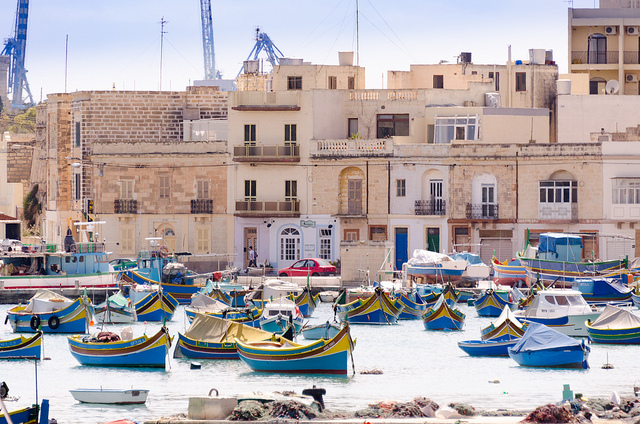Hunger in Malta Closely Linked to History of Poverty
 Malta is an island nation in the Mediterranean Sea, located off the coast of Italy. Due to its strategic location, it has been ruled by various nations over the centuries and it was not until 1964 that it gained independence from the United Kingdom. Despite being one of the world’s smallest countries, it faces challenges with hunger, which is closely linked to poverty.
Malta is an island nation in the Mediterranean Sea, located off the coast of Italy. Due to its strategic location, it has been ruled by various nations over the centuries and it was not until 1964 that it gained independence from the United Kingdom. Despite being one of the world’s smallest countries, it faces challenges with hunger, which is closely linked to poverty.
A Closer Look
- Malta has a population of 553,000 and around 90,000 people, or one in five individuals, live below the poverty line.
- Poverty disproportionately affects children under the age of 18 and adults over 65, with rates of 23% and 29% respectively.
- Over the last two decades, the poverty rate has risen from 14% in 2006 to 16% in 2024.
- Hunger and food insecurity in Malta are closely linked to poverty, as people cannot afford to feed themselves and their families adequately. The percentage of malnourished individuals has increased from 2.5% in 2018 to 4.6% in 2021, highlighting the seriousness of the situation.
- The pandemic and the Russian-Ukrainian war, combined with decreased local agriculture, have caused food prices to increase by at least 20%.
Underlying Factors
- Dependence on Imports– Malta has limited arable land and climate change has resulted in water scarcity, making large-scale agriculture difficult. The country’s high population density and strong focus on tourism have led to converting agricultural land into recreational areas, further diminishing food production. As a result, Malta imports the majority of its food, making it vulnerable to fluctuations in global prices and supply disruptions.
- Economic Crisis- Malta’s economy is significantly dependent on tourism, which was severely impacted by the COVID-19 pandemic, resulting in widespread unemployment. Those who had already lost their jobs faced even more difficulties as the global economic crisis and rising inflation further strained their financial situations.
Support Measures
Various organizations and the Maltese government have intensified efforts to support the vulnerable population in combatting poverty and hunger. This section highlights some of these measures to show their importance and effects.
- Food Banks- Many nonprofit organizations in Malta operate food banks and kitchens, which provide free meals to the food-insecure and vulnerable population. One of these kitchens alone served 27,000 people in 2023.
- Employment assistance- Jobsplus is a national employment agency that offers training and skills development programs to unemployed individuals, helping them find jobs. Such measures aim to address the root causes of poverty and provide long-term sustainable solutions.
Path Ahead
In conclusion, Malta is facing challenges, but the government and local organizations are making a positive impact through their initiatives. However, to achieve long-term solutions, continued efforts in promoting local agriculture, economic diversification and unemployment reduction are needed to ensure food security and reduce poverty.
– Liyanga De Silva and Maria Waleed
Photo: Flickr
Updated: November 12, 2024
